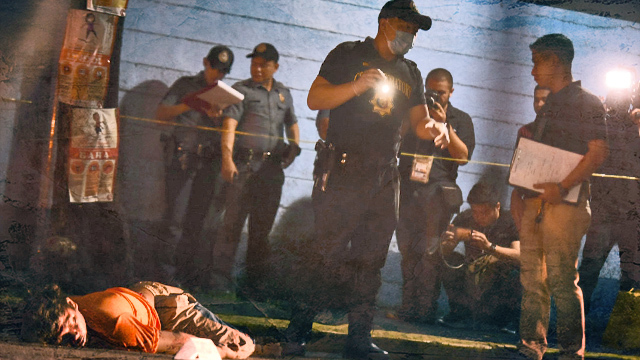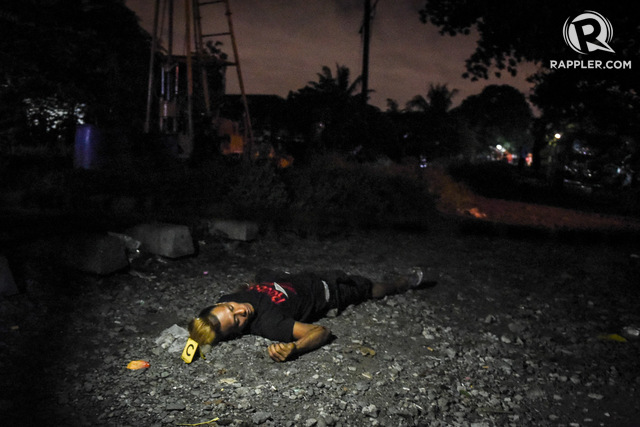Former Foreign Affairs Secretary Albert Del Rosario
“The South China Sea – The Philippines, ASEAN & their international Partners”
ADR Institute
(1) “Philippine interests are best promoted when all states, of any size or power, adhere to the commonly agreed upon standards that govern countries’ rights and relationships. International law, in my view, is the great equalizer. Through it, a country of 100 million people is the equal of one that is more powerful, and that is more than ten times its size. When we agree to rules and commit to upholding them, we create predictability, promote stability, foster a peaceful environment conducive to resolving disputes, and maintain the dignity of our independence as a nation. In no other arena would we have the same footing.”
(2) “For the West Philippine Sea, the Law of the Sea has helped us to define what is ours and, on that basis, to defend what is ours. For this reason, the law itself, and the rules-based order that it comes from, lies at the very heart of Philippine interests. Because of this, we cannot pick and choose when to promote the law and when to ignore it. Instead, we must ensure that the whole of the rules-based system succeeds.”
(3) “We took a risk when we went to arbitration in 2013. As confident as we may have been in our case, ultimately the decision was not in our hands. We could then only hope that the neutral tribunal of experts would agree. The ruling of the international arbitral tribunal not only vindicated the Philippines but, even more importantly, upheld the rule of law over the waters and global commons of the South China Sea. Now, the ruling is an integral part of the universal body of international law.”
(4) “While there are those who may attempt to minimize the ruling, or undermine its status, there should be no doubt that the Philippines has made a strong contribution to our region. The ruling has benefited not only the claimants, including China, but also the rest of the world. Through it, we have more clarity on maritime rights—what we can claim, what we can do, and where we can find possible areas of cooperation. The more information we have on this, the better placed we are to resolve the disputes that remain before us.”
(5) “In the wake of the ruling’s release, many countries came forward in support of arbitration. The European Union, the United States, ASEAN members, Japan, Australia and other countries have shared our emphasis on the need to use peaceful means and give due respect for the rule of law. Just last week, the G7 not only re-emphasized the importance of using peaceful means, they reiterated their strong opposition to any unilateral actions which increase tensions, such as the threat or use of force, large-scale land reclamation, building of outposts, as well as their use for military purposes and urged all parties to pursue demilitarization of disputed features and to comply with their obligations under international law.”
(6) “My hope is that our ASEAN neighbors share the pride of what a Member State like ours can accomplish, and see in the ruling an opportunity for all of the Southeast Asian region. Ultimately, advocating a rules-based regime is deeply embedded in who we are and what we must do. In pursuing this path, we can all be confident that we will not be shortchanging the many generations to come.”
(7) “I would like to turn specifically to Southeast Asia. As this year’s chair of ASEAN, the Philippines has a unique and an important opportunity to dwell on how we can work with our neighbors to ensure that this rules-based order succeeds. The purpose of our cooperation should go beyond maintaining friendly ties; we must also cooperate to ensure that we live in a neighborhood where countries follow the rules and uphold their commitments.”
(8) “In 2002, ASEAN and China committed to a non-binding agreement over how we should all behave in the South China Sea. In the spirit of preventing and reducing tensions, the countries committed to self-restraint from activities that would complicate or escalate disputes. I am sorry to say that in the years that followed, one country did not exercise the necessary restraint expected of it. In 2017, as in 2012, the greatest immediate source of regional uncertainty has been China’s unlawful efforts to expand its footprint throughout the South China Sea.”
(9) “While most states strive for a peaceful, rules-based regional order in Southeast Asia, Beijing’s unilateralism has put this common vision at grave risk. ASEAN must be united in countering this challenge to its regional centrality and solidarity. I believe that promoting the rule of law and strengthening multilateralism in support of the law must be key parts of ASEAN’s response.”
(10) “ASEAN and the international community as a whole should utilize the principles in the arbitral ruling to move diplomatic engagement forward. Our region cannot promote the rule of law while ignoring the law as it stands. For this reason, we believe that the ruling should be an integral part of the Code of Conduct framework being finalized and the eventual Code of Conduct, if it is ever achieved. Moreover, we must not accept the position that China’s South China Sea build-up is a fait accompli that renders us helpless.”
(11) “Having come this far to promote the rule of law, it should be unthinkable for any diplomatic mechanism that we are part of—whether bilateral or multilateral—to be used as a channel to reward unilateral activity or preserve unlawful gains. Beyond island-building and militarization, if our fishermen cannot enter Scarborough Shoal, if we cannot develop new energy resources, if the marine commons is irreparably destroyed – and if our own Secretary of Defense cannot fly over the West Philippine Sea without being challenged – our country must speak out and must work with our neighbors and with our friends for us to stand united in protest.”
(12) “We cannot wait for a ‘better time’ to come—we must create that time ourselves lest that opportunity be lost forever.”
(13) “On the future of the region, there are many questions searching for answers. I would like to end by challenging you to ponder on a few.
1. On shelving the ruling, what would happen if we should pass the point of no return?
2. What if the rules-based system were to collapse in our region?
3. What if we were to squander the support of the responsible community of nations?
4. As the island-building is complete, is the arbitration academic if China is able to operationalize its nine-dash line claim?
5. As America is recognized as the primary promoter of the rule of law, what would happen if our alliance with the United States is weakened, rather than strengthened?”
Follow us: @inquirerdotnet on Twitter | inquirerdotnet on Facebook

